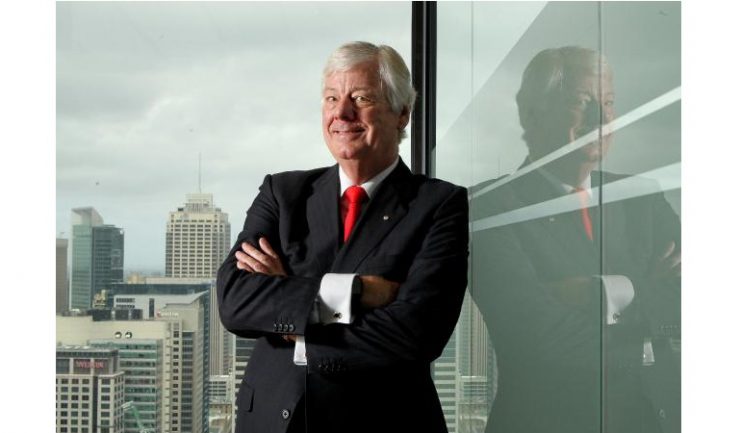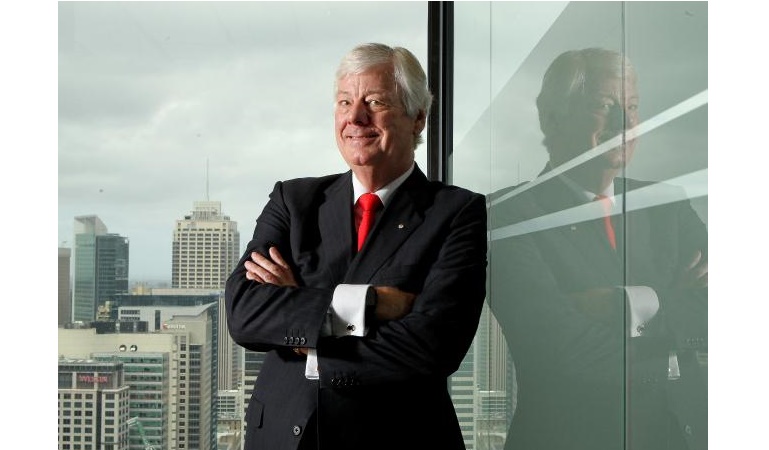Continued under internal scheme.
Anchorage Capital Partners managing director, Philip Cave (pictured) gave evidence before the NSW Supreme Court on Tuesday, defending the policy of maximising rebates that was reportedly initiated under an internal scheme, Project Enabler.
In 2013, Dick Smith ramped up its reliance on controversial supplier rebates under the project outlined in an external review of the company’s supply chain, after it was purchased by Anchorage.
“The policy started in Woolworths’ time. Woolworths’ position was to maximise rebates — it was fully, clearly out there. It didn’t start with us. We decided to continue,” Cave reportedly explained to the court.

He said when Anchorage purchased the business, there was concern that “rebates were under pressure and we wouldn’t be able to obtain the same level of rebates independently” due to the buying scale of Woolworths, Big W and Dick Smith, according to media reports.
“We employed a consultant called Exact, and Exact reported to the board in February 2013 that there was an opportunity to look at the whole supply chain to gain an improvement of about $18 million.
“Of that $18 million, $6 million was from an increase in rebates. It was called Project Enabler and we approved it at that board meeting. We saw a position of maximising rebates as a good position and healthy for the business,” Cave reportedly said.
Asked whether any consideration was given to how the policy of maximising rebates may impact on stock purchasing decisions, Cave argued “equal if not more” importance was placed on stock turnover as rebates.
“Rebates were an encouragement to buy product, but stock turn was a key element, equal to rebates if not more so. You had to manage your stock turn. The quantity of stock purchased was clearly the responsibility of management.
“Management had KPIs to match in their budget. KPIs revolved around profitability, but stock turn was a key element of that, and then you break that down into segmental areas.
“For example, someone in buying might have had a responsibility for telephony and have been encouraged to buy because of the great rebate, but the counter to that was stock turn. If they got great rebates but low stock turn they weren’t meeting their KPIs,” he continued.

